SOAR talks global impacts of racism
Refugee crisis sparks discussion
SOAR members hold discussion regarding global refugees in the media March 16. Recently, news outlets have told skewed narratives.
March 24, 2022
In the midst of unrest surrounding Ukrainian refugees, Students Organized Against Racism (SOAR) met to discuss the ways in which racism shows up in international broadcasting. While analyzing news reports of other countries, sophomore Audrey Delrome was put off by their ignorance.
“It’s really harmful that news outlets use ignorant language because when people who watch the news see it, they may think it’s okay,” Delorme said. “It’s not okay, and it opens up a space for racism.”
SOAR met to examine the wording used in major news sites when talking about refugees March 16. Dr. Lee-Ann Stephens, who oversaw the meeting, said she guided the meeting to illustrate the societal issue of white supremacy and racism in the media.
“I’ve heard people confine (racism) to the United States. I wanted them to know that it is actually a global problem,” Stephens said. “So that we’re thinking not only locally but also globally.”
Although a few students were surprised by the racist language, senior Anijah Cooper-Beaman said this was not the first time they had seen skewed wording in news publications.
“(The media) continuously likes to paint Africa and the Middle East as bad but then when people go to Africa, it’s beautiful,” Cooper-Beaman said. “News outlets play such a big role in that, that people assume they’re all bad.”
According to Stephens, the goal of the lesson was not only to call out racist commentary but also challenge the world’s view on refugees. Stephens said she felt disappointed to see so many news stations continue to perpetuate white supremacy.
“There was so much more out there that was occurring with it and it’s sad — who gets to be human and who doesn’t? Who deserves to be free, who deserves to live a fulfilling life and who, we believe, doesn’t,” Stephens said. “It’s disheartening.”
SOAR is fully committed to anti-racism, according to Cooper-Beaman, and combating ignorance plays a significant role in this.
“(People) have to learn to not be ignorant because you can support people without bringing others down, especially in a time like this,” Cooper-Beaman said.
Although it is difficult to be optimistic when fighting consistent discrimination, Stephens said that teaching young students who strive to be anti-racist has given her faith for generations to come.
“I love advising SOAR so much because I see hope where I might have not always felt hopeful with my generation,” Stephens said. “But with young people, you all give me hope.”



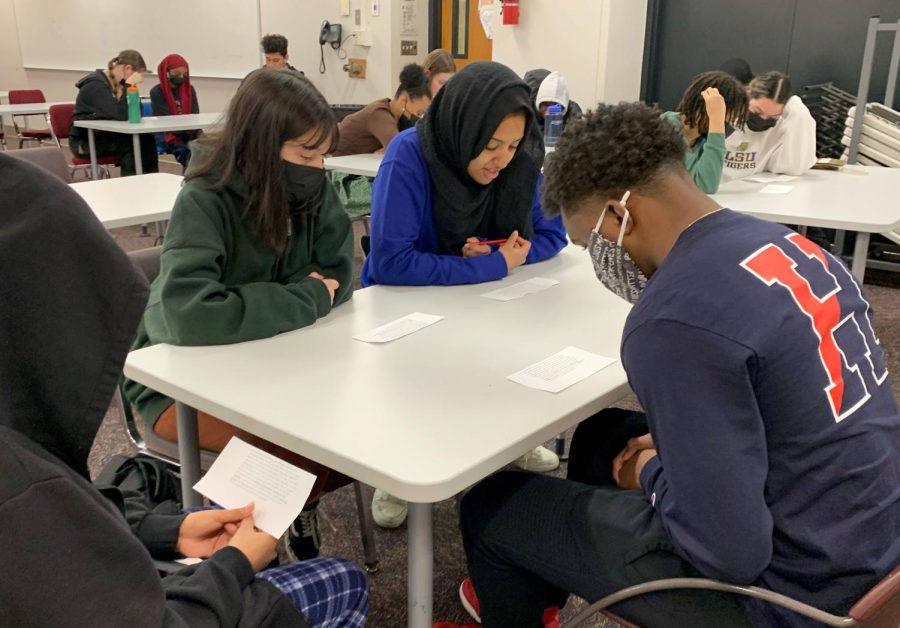
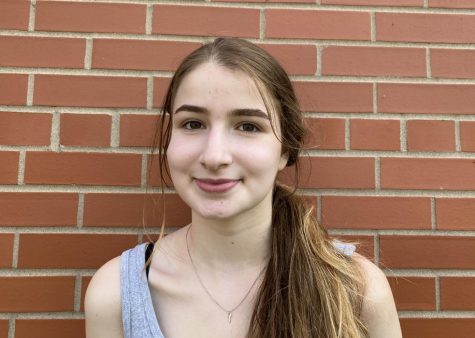

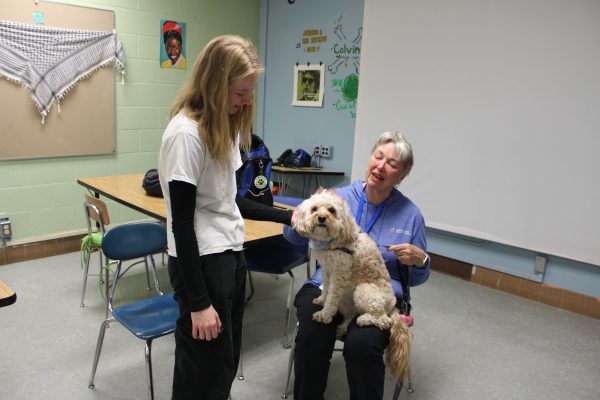
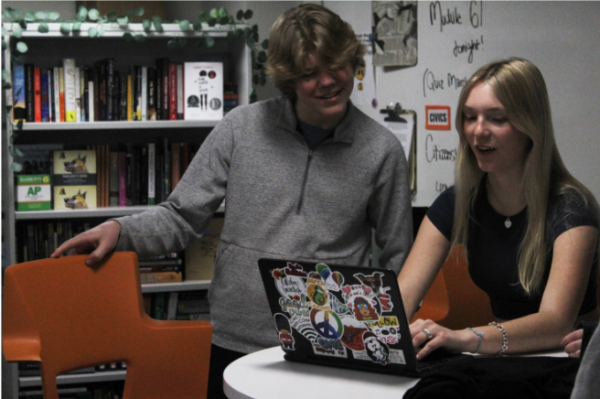
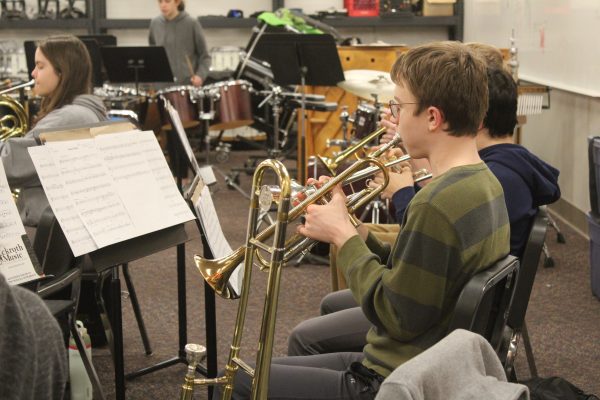
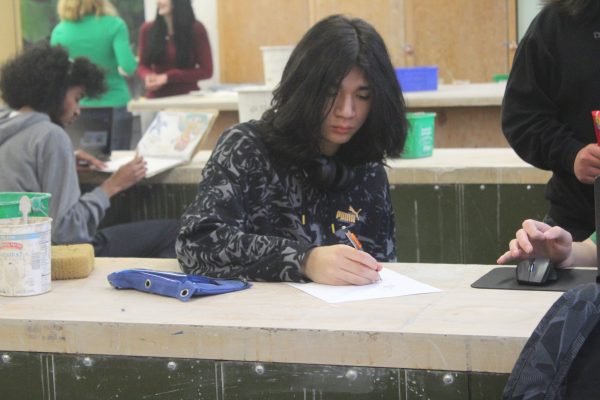
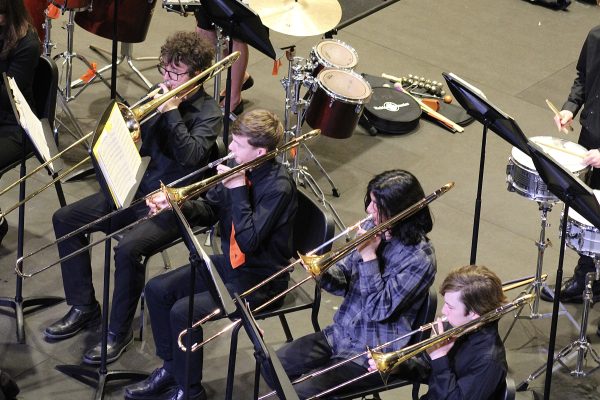
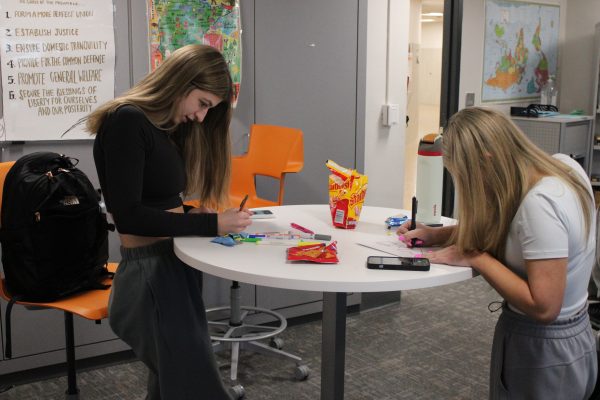
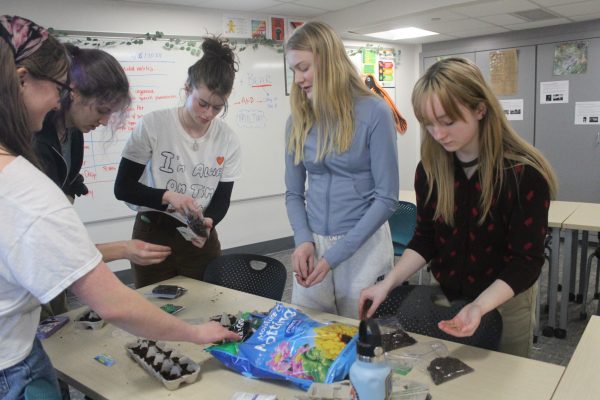

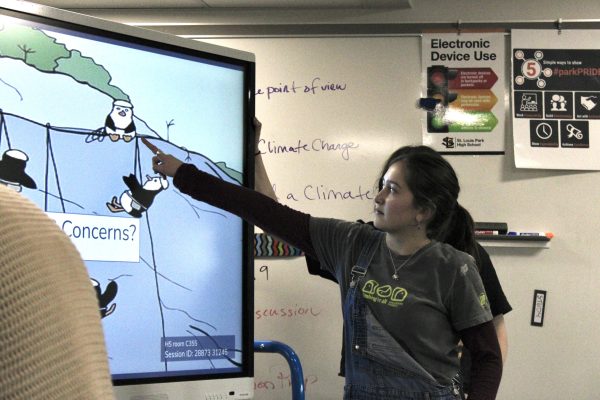
laura • Apr 7, 2022 at 10:18 am
this was very informative and shared a perspective I had never thought about. In fact it was eye opening and I can really see how true it is. Thank you for this article!